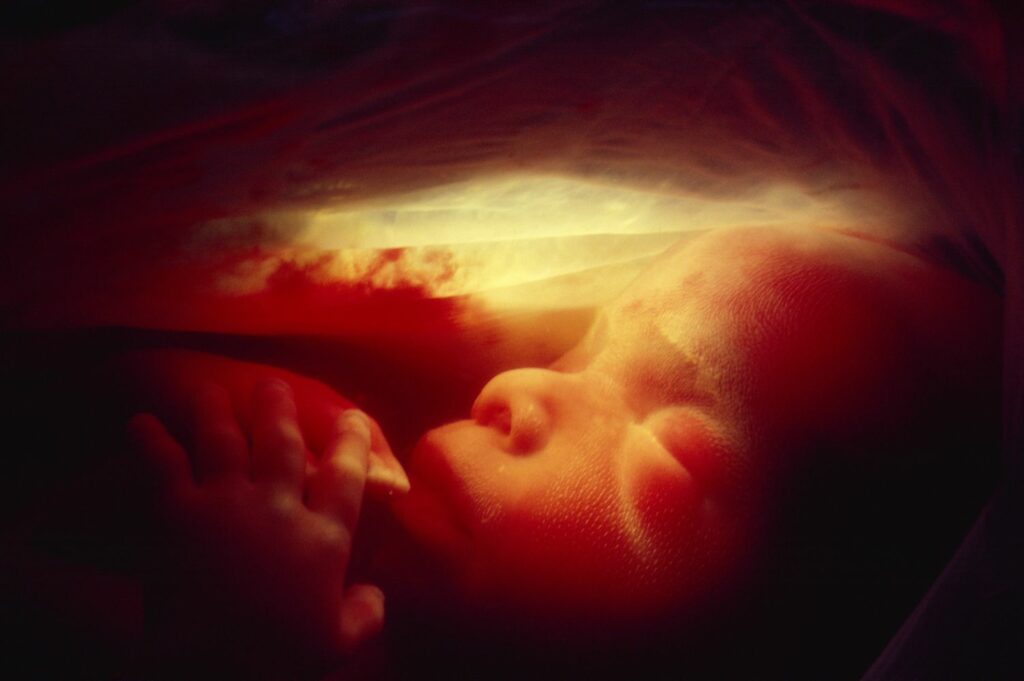Abortion, International Politics
Chile will vote on constitution that explicitly “protects the life of the unborn”
In 2022, 62 percent of voters in Chile rejected a proposed pro-abortion constitution backed by the country’s young leftist leader President Gabriel Boric, a former student protest leader, in a landslide. The draft constitution – intended to replace the then 41-year-old constitution implemented by dictator General Augusto Pinochet – was drafted by a constituent assembly packed with Boric’s supporters. The 388 articles of the defeated proposal would have enshrined many progressive agenda items permanently into law, from enforced gender parity in government to the legalization of abortion as a fundamental women’s right.
Boric conceded defeat, and the constitutional process went back to the drawing board. Now, Chilean voters will face a very different choice on December 17, when a new proposed constitution will be put to referendum. The Constitutional Council, an assembly of 50 members elected on May 7, began voting on constitutional articles on September 15 and is facing a deadline of November 7, when it will submit the final draft to Boric. On Wednesday, September 20, the Constitutional Council – which is working on the new draft – formally adopted a pro-life article that states: “The law protects the life of the unborn.” The article passed by a wide margin of 33 votes to 17.
According to Republican adviser María de los Ángeles López (a member of the right-wing Partido Republicano), explaining his stance on September 20: “We cannot consider that killing a human being is a right… the Republican camp chooses life.” Councilor Carolina Navarette concurred, stating, “It is imperative that we amend our Constitution to unequivocally and firmly enshrine the right to life from conception to its natural end.” Mainstream media sources attributed the success of the amendment to “far right” politicians, but polling – not to mention last year’s rejection of the pro-abortion constitution – indicate that they reflect the will of the majority, which is solidly pro-life.
READ THE REST OF THIS COLUMN HERE








